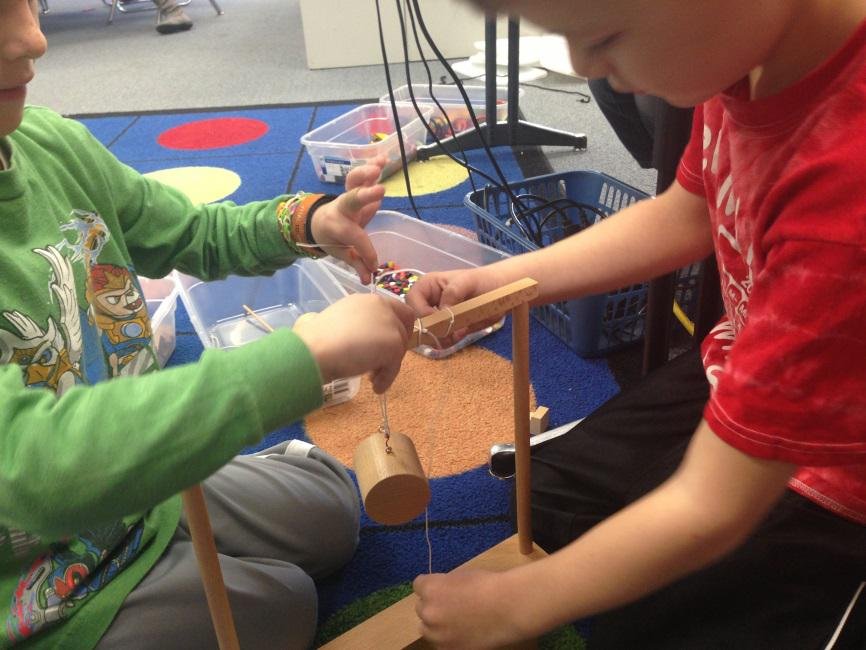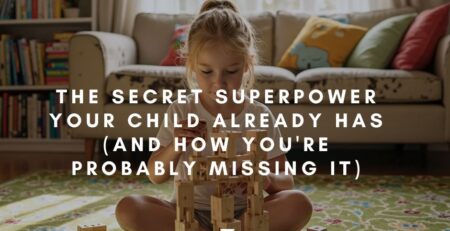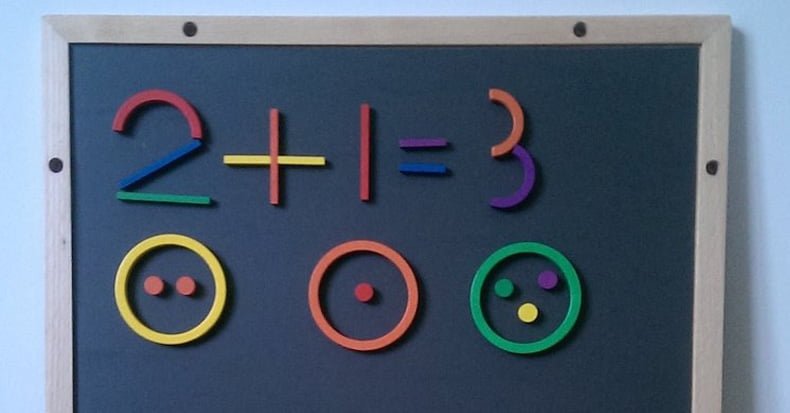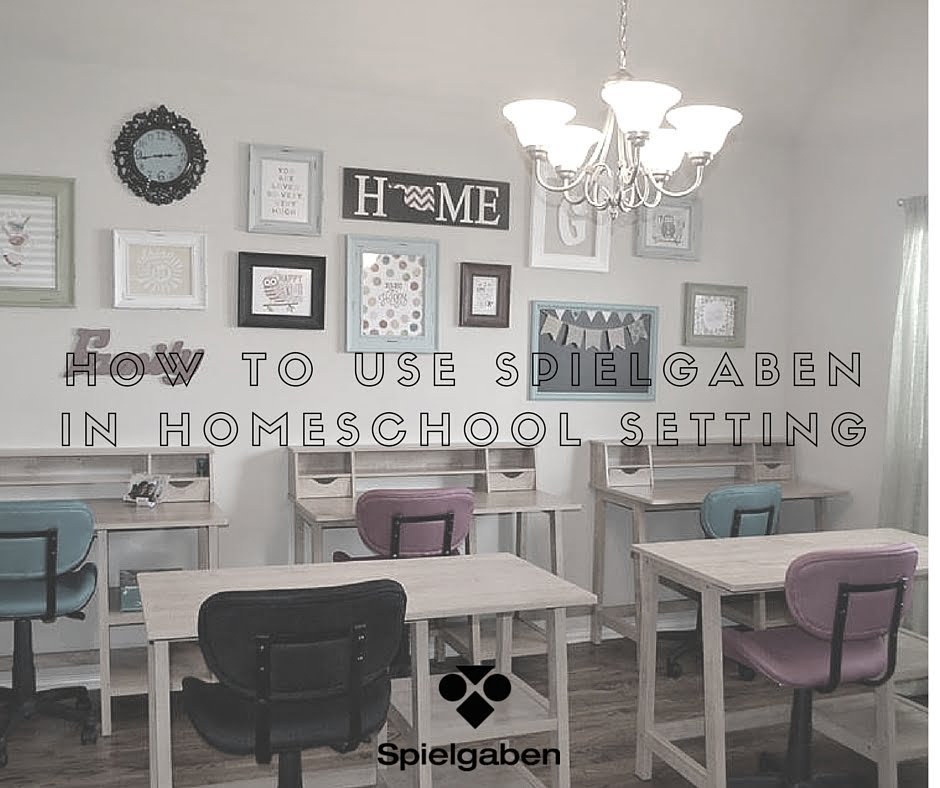How The Anxious Generation Warns Us About Screen Time and What We Can Do About It
In recent years, parenting has become increasingly complex with the rise of smartphones and social media. Jonathan Haidt’s book The Anxious Generation provides a compelling look at how these digital advancements, though convenient, have reshaped childhood and amplified mental health challenges, especially among Generation Z. One crucial insight from Haidt’s work is the decline of play-based learning and the resulting impact on children’s resilience, creativity, and well-being. This article explores the importance of play for children’s development and offers practical, everyday tips for parents to support their kids’ growth through play-based learning.
Why Play-Based Learning Matters More Than Ever
Play-based learning is not just about keeping children entertained; it’s fundamental to their emotional, social, and cognitive development. When children play freely—especially outdoors and without adult intervention—they naturally engage in problem-solving, practice decision-making, and learn how to take risks and manage fears. This type of self-directed play is crucial for building confidence and coping skills, traits that are increasingly scarce among today’s youth.
Research by Haidt and others highlights a significant link between limited play and rising anxiety, depression, and other mental health issues. When children miss out on these play experiences, they lack essential “real-world” coping skills that help them handle life’s challenges.
Instead, digital platforms like social media create environments focused on social comparison, which intensifies feelings of inadequacy and perfectionism, particularly among girls. Boys, meanwhile, face issues such as digital isolation, often due to gaming and reduced face-to-face interaction.
Practical Tips for Integrating Play-Based Learning into Daily Life
While today’s fast-paced world often leaves little time for free play, parents can create meaningful opportunities for their children to engage in play-based learning. Here are practical, doable ways to incorporate more play into your child’s routine:
1. Create Safe Spaces for Unsupervised Play
One of Haidt’s primary insights is that unsupervised play, which allows children to explore boundaries, is essential for their development. This might seem daunting in a world where “safety first” is often a mantra, but creating safe play zones near your home can provide children the freedom they need to test and grow their capabilities. A backyard or neighborhood park is a great option; setting up a “no-device zone” in these areas can help children stay present and focused on play.
Tip for Parents: Try designating specific times each week when your child can play freely with peers. Resist the urge to micromanage their interactions—allow them to solve disputes, negotiate rules, and take small risks.
2. Encourage Creative Play at Home with Hands-On Structured Play Tools
To supplement outdoor play, incorporating structured play tools like Spielgaben can be incredibly beneficial. Spielgaben is a high-quality educational toy set inspired by Froebel’s original kindergarten play materials. It includes various manipulatives—balls, blocks, sticks, and rings—that are designed to stimulate creativity, critical thinking, and spatial awareness. Children learn by touching, experimenting, and building, allowing them to explore concepts of geometry, art, and science organically.
How Spielgaben Supports Development: Using Spielgaben’s toy sets, children can engage in activities that mirror problem-solving and planning in the real world. For instance, building a complex structure with the blocks helps develop spatial reasoning, patience, and resilience when initial attempts might not work out as planned. It’s an interactive and educational tool that aligns with Haidt’s emphasis on learning through experience.
3. Make Time for Outdoor Exploration
Haidt and other child development experts emphasize the importance of outdoor play. Being in nature boosts children’s mood, helps regulate emotions, and fosters curiosity. Outdoor play also provides endless opportunities for experiential learning—children can observe wildlife, explore plant life, and even practice balancing and climbing, which help build motor skills.
Tip for Parents: Aim for at least an hour of outdoor play each day, even if it’s in small intervals. Consider weekend excursions to parks, hiking trails, or nearby nature reserves, where children can connect with the world outside their digital devices.
The Detrimental Effects of Screen Time and How to Limit It
In The Anxious Generation, Haidt highlights four core harms linked to excessive screen time: social isolation, sleep deprivation, fragmented attention, and digital addiction. Smartphones and social media are designed to capture attention and often prevent children from experiencing uninterrupted play or rest. This fragmented focus can negatively impact their ability to concentrate, self-regulate, and build lasting relationships.
4. Set Clear Boundaries on Screen Time
By establishing limits on device usage, parents can help children learn to self-regulate and manage time more effectively. Many families find success with a “tech-free time” rule in the evenings or during meals, where everyone (adults included) disconnects to engage fully with each other.
Tip for Parents: Consider using physical clocks or timers that allow children to manage their own screen time. This empowers them to take responsibility while giving them a clear, visual reminder of their limits.
5. Encourage Hands-On, Real-World Activities
To minimize dependency on screens, encourage real-world hobbies or hands-on activities that interest your child. Whether it’s art, cooking, or gardening, these pursuits provide an avenue for children to experience flow and develop their creativity without relying on screens.
Tip for Parents: Try introducing weekly “screen-free” family projects, like crafting or baking. Engaging in these activities together can help strengthen family bonds while giving children a break from their devices.
Supporting Mental Health through Community and Connection
The book stresses the importance of embedding children within real-world communities, emphasizing that online networks cannot replace face-to-face connections. Research indicates that being part of a supportive community can help children develop a stronger sense of belonging and purpose, which is crucial for mental health.
6. Foster Peer Relationships through Group Activities
Group play and teamwork are valuable for social and emotional learning. Organizing playdates, participating in team sports, or joining clubs where kids can interact face-to-face offers a counterbalance to digital socialization and fosters genuine friendships.
Tip for Parents: Set a goal of arranging at least one group activity for your child per week, whether it’s a sports team, art class, or simple playdate. These interactions provide the social learning that screens cannot replicate.
7. Model Healthy Tech Habits
Children often learn by observing their parents, so modeling balanced screen habits can have a lasting impact. When children see adults managing screen time and prioritizing real-world interactions, they’re more likely to adopt similar behaviors.
Tip for Parents: Lead by example by setting boundaries for your own screen time. For instance, putting your phone away during family meals or establishing “no-tech” family evenings can go a long way in demonstrating healthy habits.
Bringing It All Together: Building a Healthier, Happier Childhood
As parents, embracing play-based learning and setting thoughtful boundaries can offer children the stability and support they need in a digital world. Adopting tools like Spielgaben and making space for unsupervised play and outdoor adventures can help children regain the developmental milestones that Haidt argues are slipping away due to our current tech-focused environment.
While technology is here to stay, parents have the power to guide their children in using it wisely. By embedding kids in communities, fostering peer relationships, and modeling balanced tech habits, we can collectively nurture a generation that’s equipped not just with academic skills, but with emotional resilience and a healthy mindset that will serve them well throughout life.
By incorporating these tips and prioritizing play-based learning, parents can provide children with a foundation for thriving in both the digital and real worlds, helping to counterbalance the mental health challenges that come with a phone-centered childhood.













LEAVE A COMMENT